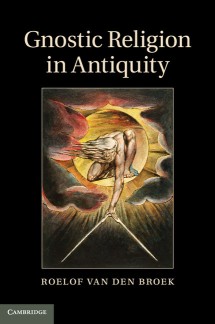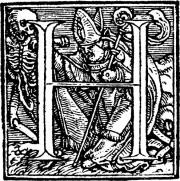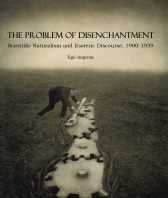 There was a conference in Berlin last month that I would have loved to visit: New Antiquities: Transformations of the Past in the New Age and Beyond. This event conceived by Dr. Dylan Burns and Dr. Almut-Barbara Renger is on a topic that I think deserves a lot more attention than it’s being awarded: the diverse uses of the historical past to construct new forms of practice, tradition, aesthetic and worldviews.
There was a conference in Berlin last month that I would have loved to visit: New Antiquities: Transformations of the Past in the New Age and Beyond. This event conceived by Dr. Dylan Burns and Dr. Almut-Barbara Renger is on a topic that I think deserves a lot more attention than it’s being awarded: the diverse uses of the historical past to construct new forms of practice, tradition, aesthetic and worldviews.
Well, we know a great deal already about the invention of tradition, of course. What would be really cool is to get archaeologists, classicists, historians, philologists and other experts of “what really happened” (or the best current approximations, anyway) to talk with those who study the imagined past (what’s sometimes called “mnemohistory” – the history of how the past is remembered). Something along those lines is what this conference aimed to do. One of the reasons why the task is crucial is that, unavoidably, the access that those who construct the past have to the past, goes eventually through scholarship – often, to be sure, outdated scholarship, and often, too, scholarship that has been filtered through other channels such as popular culture – or the less than reliable akashic records. Getting experts of the contemporary and the ancient to talk together thus seems a mutually enriching opportunity, especially for theorizing the role of scholars in the discursive production of the past and of invented traditions.
For those of us who missed that opportunity this time, there is a nice little review of the conference over at Albion Calling. Ethan Doyle White gives a good summary of the speakers and the topics they treated, with a specific focus on issues relating to contemporary paganism. Go read it.












